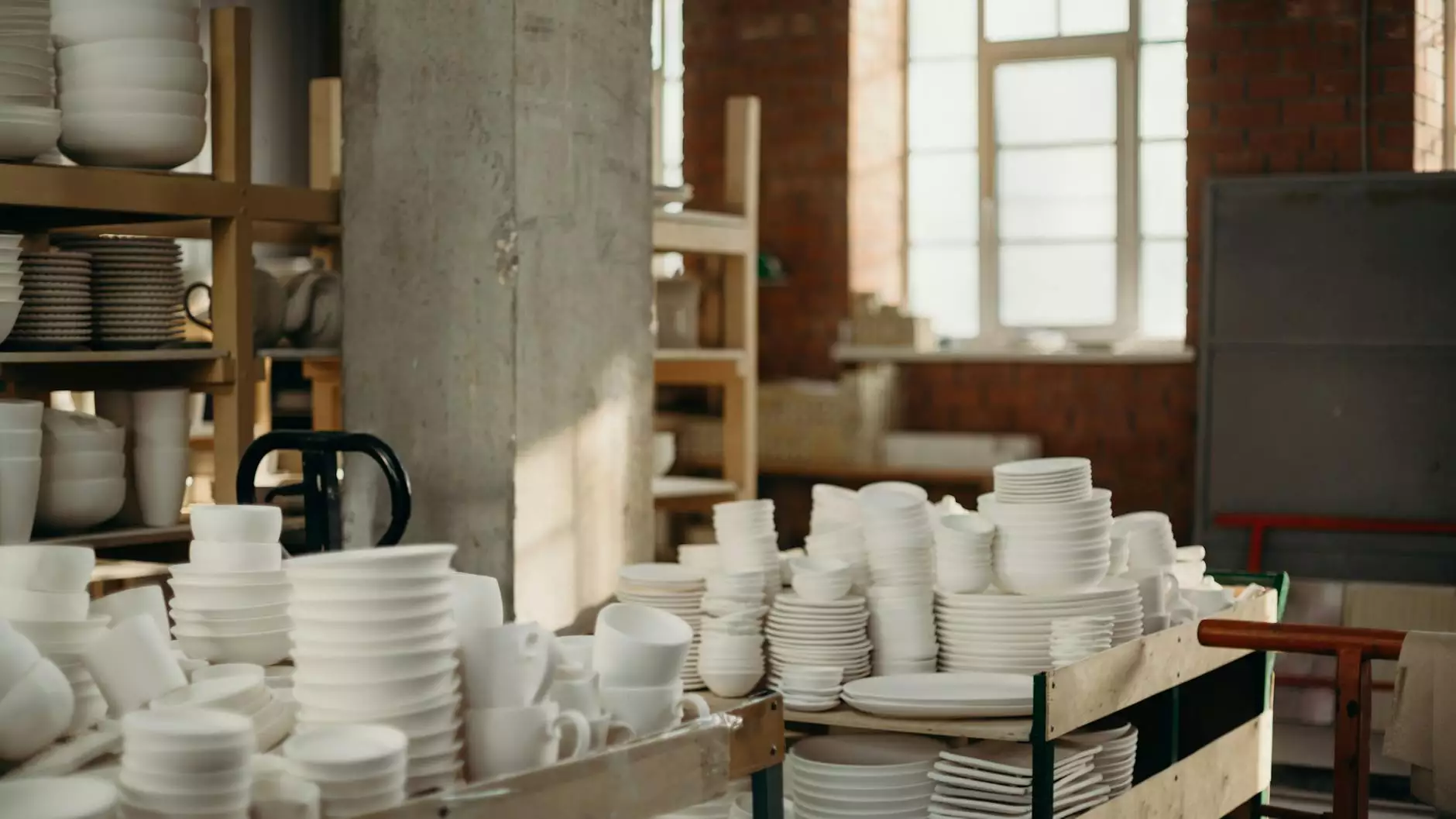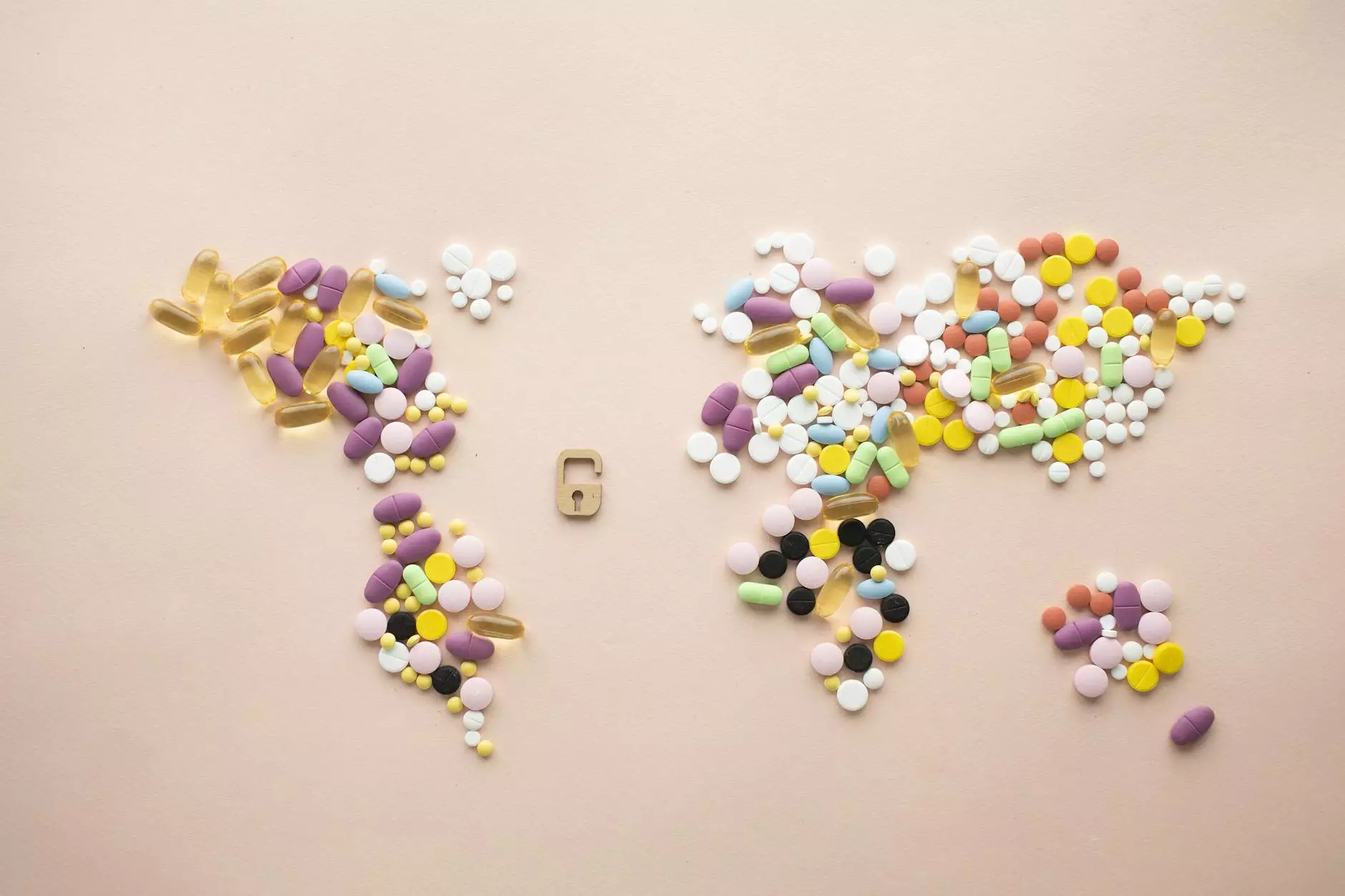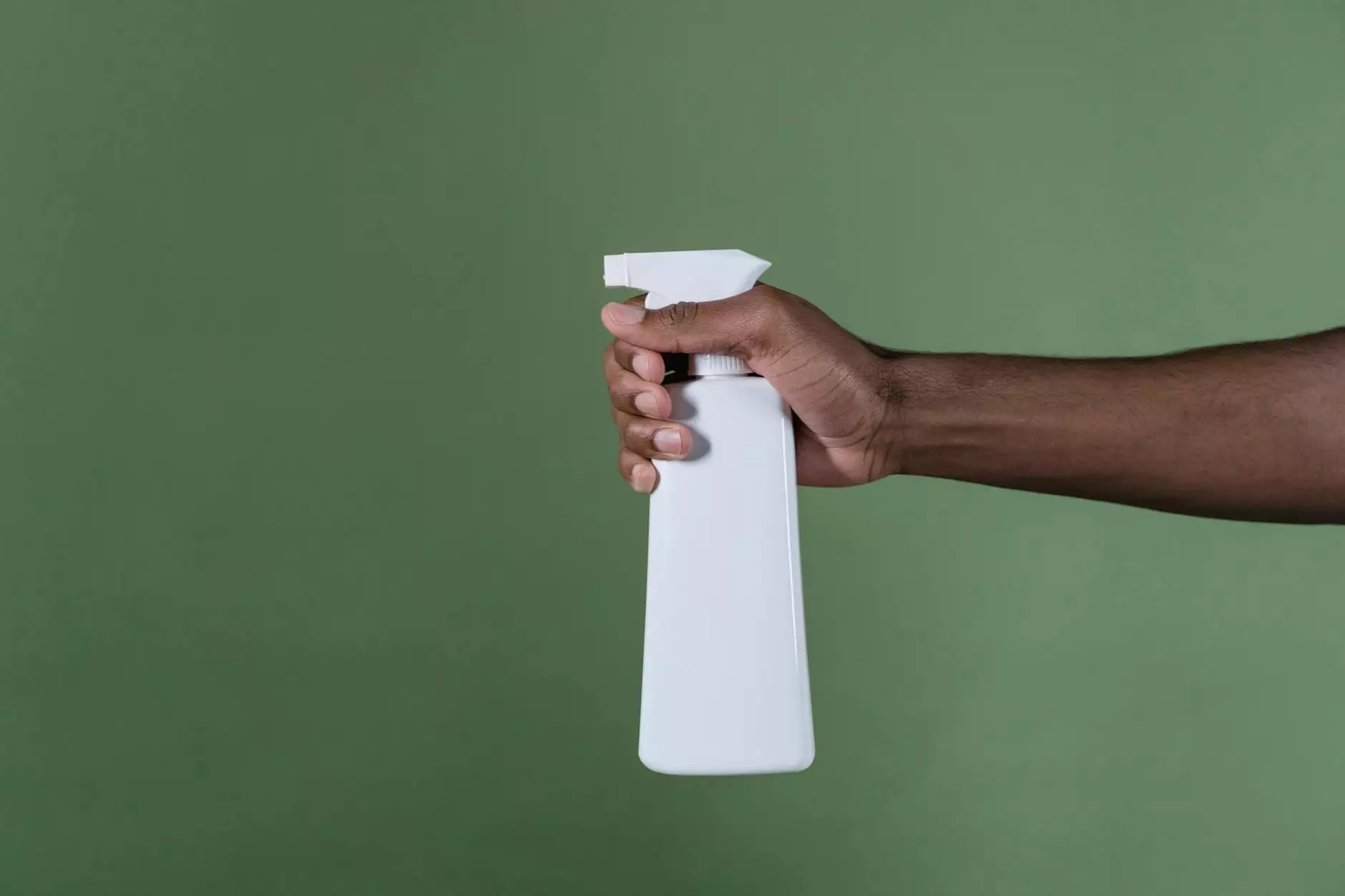Unlocking the Power of Rapid Prototype Injection Molds in Modern Metal Fabrication

In today's highly competitive manufacturing landscape, the ability to swiftly develop, test, and refine product concepts is crucial for staying ahead. One revolutionary technology that has transformed the metal fabrication sector is the use of rapid prototype injection molds. These advanced molds enable businesses to produce high-quality prototypes efficiently, reducing both time-to-market and overall costs. Whether you're a startup, an established manufacturer, or a product designer, understanding the significance and applications of rapid prototype injection molds can empower your organization to innovate more effectively and achieve greater success.
What Are Rapid Prototype Injection Molds?
Rapid prototype injection molds refer to specially engineered molds designed to produce prototype parts in a significantly shorter timeframe compared to traditional molds. These molds are typically made with faster, more flexible manufacturing processes, utilizing rapid tooling techniques such as CNC machining, 3D printed molds, or soft tooling methods. The primary goal is to create functional or aesthetic prototypes swiftly, allowing engineers and designers to evaluate form, fit, and function before committing to full-scale production.
The Evolution of Injection Molding in Metal Fabrication
Injection molding has long been a cornerstone technique in plastics manufacturing, renowned for its capability to produce complex, high-volume parts. However, metal fabrication industries have historically relied on processes like casting, forging, or traditional hard tooling injection molds—each with considerable lead times and costs. The advent of rapid prototype injection molds marks a pivotal shift, bridging the gap between rapid prototyping and high-volume production, and enabling metal fabricators to achieve quick turnaround cycles without sacrificing precision or quality.
Core Benefits of Rapid Prototype Injection Molds
- Accelerated Development Cycles: Significantly reduces lead times from concept to tangible prototype, enabling faster iteration and refinement.
- Cost-Effectiveness: Less expensive to produce compared to traditional hard tooling, especially in early development stages where multiple design iterations are common.
- Design Flexibility: Allows for complex geometries and intricate details that are difficult or costly to produce with conventional methods.
- Early Detection of Design Flaws: Facilitates immediate testing of prototypes, identifying potential issues before full-scale manufacturing.
- Enhanced Communication: Provides tangible models for effective stakeholder communication, improving collaboration between designers, engineers, and clients.
- Material Versatility: Supports a variety of metals, enabling realistic testing of product performance under real-world conditions.
Materials Utilized in Rapid Prototype Injection Molds for Metals
Choosing the right material for your rapid prototype injection molds is critical to achieving optimal results. Commonly used materials include:
- Aluminum: Offers excellent machinability, lightweight properties, and heat dissipation, making it ideal for low to medium production runs of metal prototypes.
- Sintered Steel: Provides higher durability and wear resistance, suitable for prototypes that need to simulate final product conditions.
- Rapid Prototyping Alloys: Specific alloys designed for quick machining and testing, supporting a wide range of metal applications.
Key Manufacturing Techniques for Rapid Prototype Injection Molds
The fabrication of rapid prototype injection molds incorporates various advanced techniques tailored for speed and flexibility:
1. CNC Machining
Computer Numerical Control (CNC) machining forms the backbone of rapid tooling. It offers precision, repeatability, and rapid turnaround, making it ideal for creating complex molds from metals like aluminum and steel.
2. 3D Printing
Leveraging additive manufacturing, 3D printing allows for rapid creation of molds or mold components with intricate geometries. While mainly used for soft tooling or master patterns, advancements have made it feasible for direct metal printing of molds in certain applications.
3. Soft and Semi-Hard Tooling
This hybrid approach combines the benefits of soft tooling (like silicone or urethane molds) with semi-hard tooling options, enabling cost-effective and quick production of prototypes with acceptable durability.
Applications of Rapid Prototype Injection Molds in Metal Fabrication Industries
Across various industries, rapid prototype injection molds are transforming product development processes. Key applications include:
- Automotive Industry: Developing intricate metal parts such as brackets, housings, and connectors with rapid feedback for design optimization.
- Medical Devices: Creating detailed and precise prototypes of surgical instruments or implant components for functional testing.
- Aerospace: Building high-precision metal prototypes for components requiring tight tolerances and advanced materials.
- Consumer Electronics: Producing prototype enclosures, mounts, or internal components rapidly for user testing and market feedback.
Advantages of Articulating Rapid Prototype Injection Molds in Product Development
One significant benefit that sets rapid prototype injection molds apart is the ability to fine-tune and iterate designs swiftly through modular mold components and flexible manufacturing setups. This agility enables:
- Rapid incorporation of design modifications with minimal cost increases
- Flexible testing of various materials and finishes
- Quick verification of fit, form, and function prototypes
- Enhanced innovation by enabling multiple prototypes within short timeframes
Choosing the Right Partner for Rapid Prototype Injection Molds
Partnering with an experienced manufacturer such as Deep Mould can dramatically influence your project outcomes. When selecting a provider, consider the following:
- Technical Expertise: Deep understanding of metal prototyping, mold design, and fabrication technologies
- Material Capabilities: Access to a wide range of metals and finishing options
- Turnaround Time: Proven track record of fast delivery without compromising quality
- Cost Efficiency: Competitive pricing structures suitable for various budget levels
- Customer Support: Excellent communication, post-production support, and consulting services
Maximizing ROI with Rapid Prototype Injection Molds
Integrating rapid prototype injection molds into your product development process can significantly boost return on investment (ROI) through:
- Faster validation cycles lead to earlier market entry
- Reduction in costly design errors discovered late in production
- Lower tooling costs compared to traditional methods during initial testing phases
- Enhanced collaboration and stakeholder engagement with tangible prototypes
- Flexible testing for material properties and performance under realistic conditions
The Future of Rapid Prototype Injection Molds in Metal Fabrication
As technological advancements continue to progress, the scope and capabilities of rapid prototype injection molds are expanding. Innovations such as multi-material additive manufacturing, high-speed CNC systems, and smart tooling with embedded sensors promise to deliver even faster, more precise, and more versatile metal prototypes. These developments will allow businesses to push the boundaries of product innovation, reduce lead times further, and develop highly customized solutions tailored to market needs.
Conclusion: Embracing Rapid Prototyping for Competitive Advantage
In a rapidly evolving industrial landscape, businesses that leverage rapid prototype injection molds stand to gain a significant competitive edge. This technology affords unmatched flexibility, speed, and cost savings, enabling companies to innovate smarter and faster. By partnering with experts like Deep Mould, you can harness the full potential of advanced metal fabrication techniques and elevate your product development pipeline to new heights.
Take Action Today
If you're aiming to accelerate your product development, reduce costs, and enhance design quality, exploring rapid prototype injection molds is an essential step. Contact Deep Mould—your trusted partner in innovative metal fabrication solutions—and turn your ideas into realities faster than ever before.









